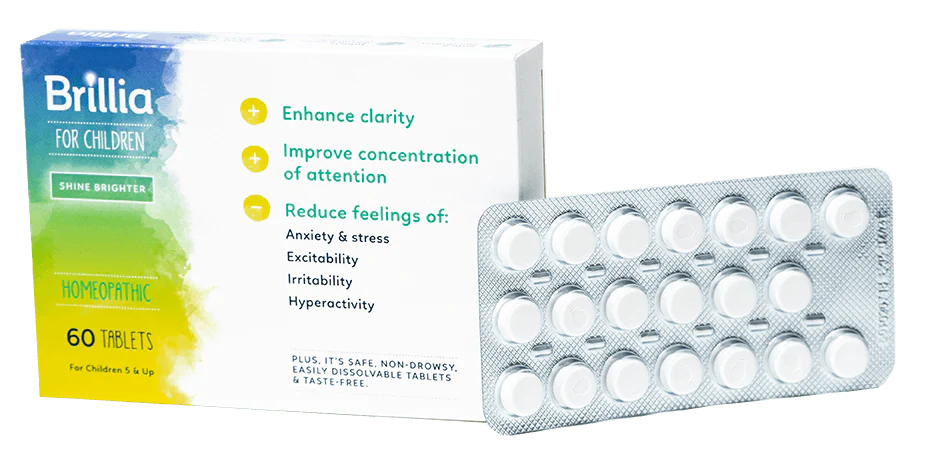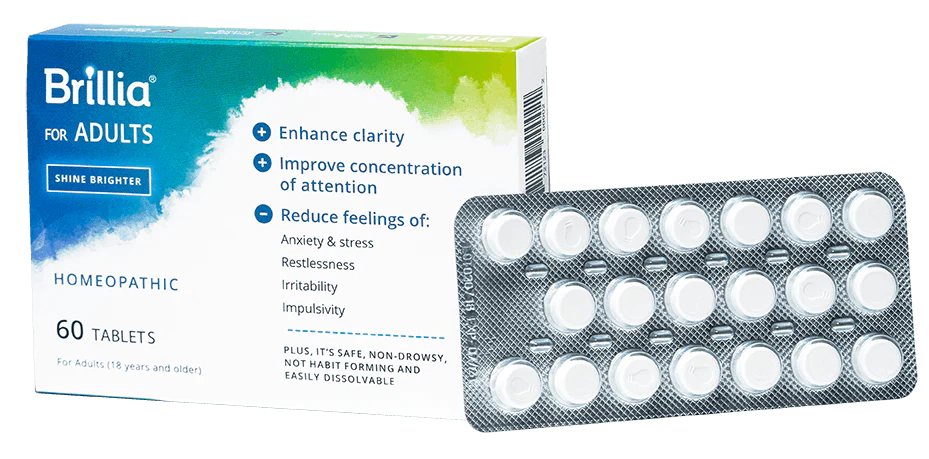What children eat can have a profound effect on their brain function, especially when they’re preparing for a high-pressure experience like a big test at school. By serving your child or teen a nutritious breakfast and sending them on their way with a brain-boosting lunch, you set them up for success simply by including the right ingredients. From protein-rich eggs to complex carbohydrates, such as oatmeal to the Omega-3s in fatty fish, here is our list of the best six foods to eat before a test.
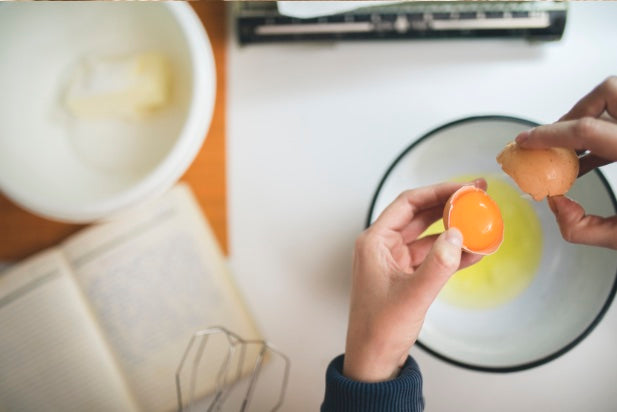
1. Eggs
Eating eggs the morning before a test can make a huge difference in test scores. In a Boston University study, researchers tracked the eating habits of nearly 1,400 healthy adults for 10 years and found that choline intake (found in egg yolks) directly correlated with better performance on memory tests. Eggs are also high in vitamins, minerals, high-quality protein, and good fats — with a perfect amino acid profile. Pair them with lean meats, such as turkey-bacon, and you’ve got one super powerful, protein-rich breakfast.
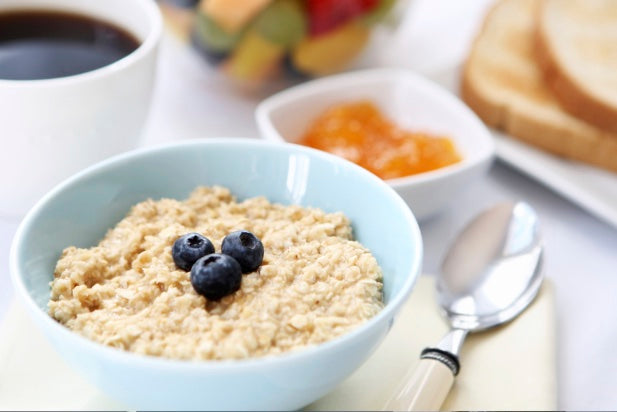
2. Oatmeal
According to The Franklin Institute, our brains require twice the amount of energy as the rest of the cells in our bodies. The best sources of this energy are complex carbohydrates, such as steel-cut oatmeal. Like egg yolks and other breakfast recipes, oatmeal also contains choline, which can improve cognitive function and memory. Top the oatmeal with antioxidant-dense blueberries for a sweet taste with extra power.
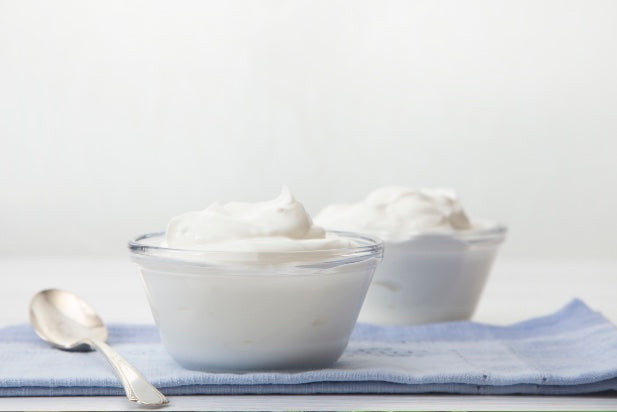
3. Greek Yogurt
One serving of Greek yogurt can provide up to 21.3 percent of your daily vitamin B12 needs. Vitamin B12 has been proven to slow cognitive decline as well as reduce symptoms of depression and anxiety. Add some flavor to your Greek yogurt with a drizzle of honey, some energy-boosting raisins and a handful of nuts for one of the tastiest brain food snacks.
Shine Brighter
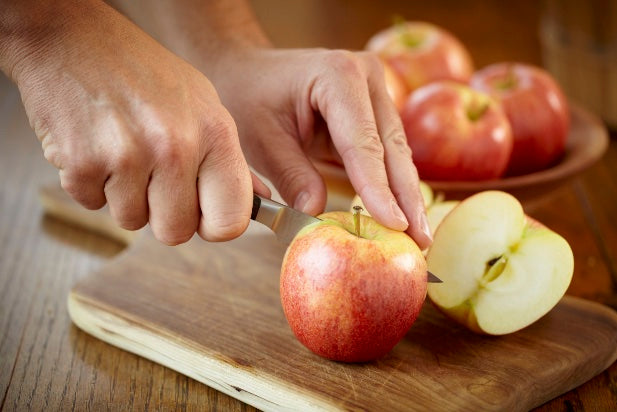
4. Apples
An apple a day keeps the bad grades away? Apples contain high levels of vitamins like acetylcholine, which increases sensory perception, improves memory and reduces anxiety. Apples also contain quercetin, which defends your brain cells from free radical attacks that can damage the outer lining of delicate neurons and eventually lead to cognitive decline.
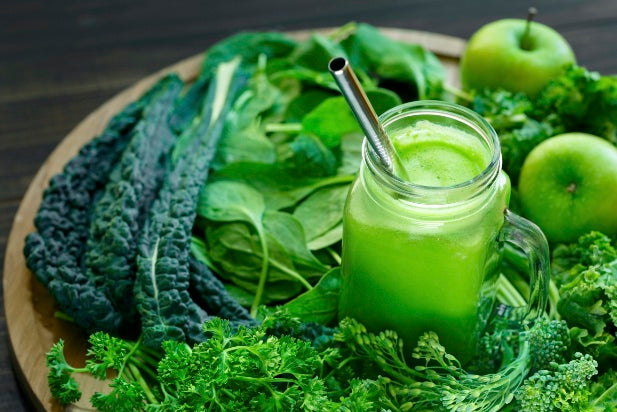
5. Leafy Greens
For breakfast, blend leafy greens, such as spinach or kale, into a smoothie or whip them together with eggs for a cheesy omelet or hearty frittata. Throw them into a sandwich or quesadilla for a nutritious lunch if your child’s test is later in the day. Eating leafy greens each day is tied to sharper memory and their high vitamin K content helps build pathways in the brain. Leafy greens also contain lutein, which has been proven to help children in school perform tasks better and more easily, regardless of IQ or other factors.
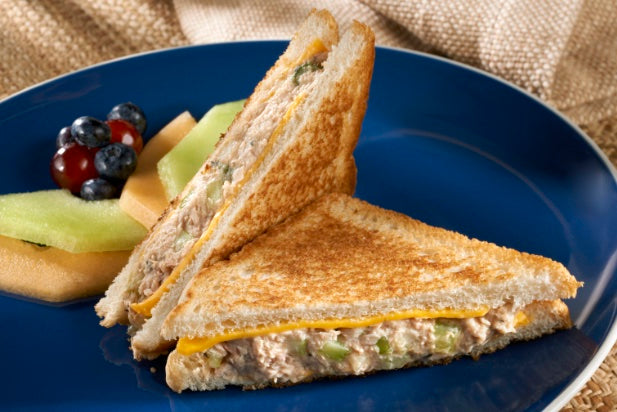
6. Fatty Fish
Though not typically a breakfast food, adding some fatty fish, such as tuna or salmon, into your child’s lunch can help make a difference in test scores. The Omega-3s in fatty fish have been linked to higher scores in vocabulary tests. Research has also shown that children and teens with attention issues and hyperactivity have Omega-3 deficiencies. If your child turns their nose up at the thought of eating fish, you can find Omega-3s in grass-fed beef, chia seeds, and walnuts. Proper nutrition is just one of five ways recommended in the Brillia program in which you can help your child succeed under pressure, especially if you suspect they may be struggling with attention or anxiety issues. The night before a test, ensure your child powers down the iPad early and gets adequate sleep. They’ll be just as pumped to face your brain-boosting breakfast and their big test.





